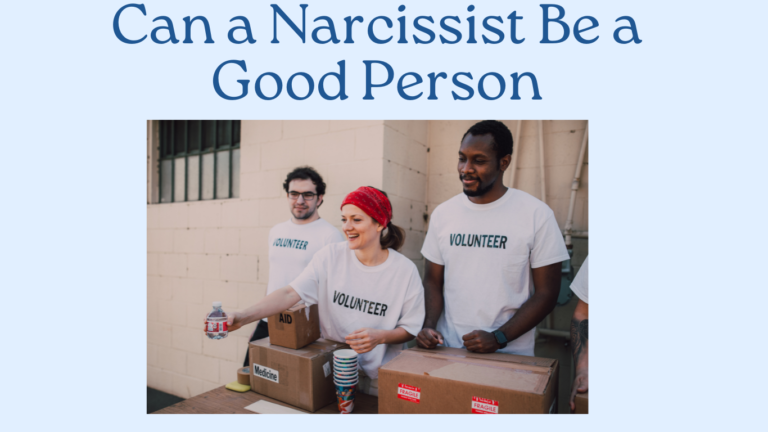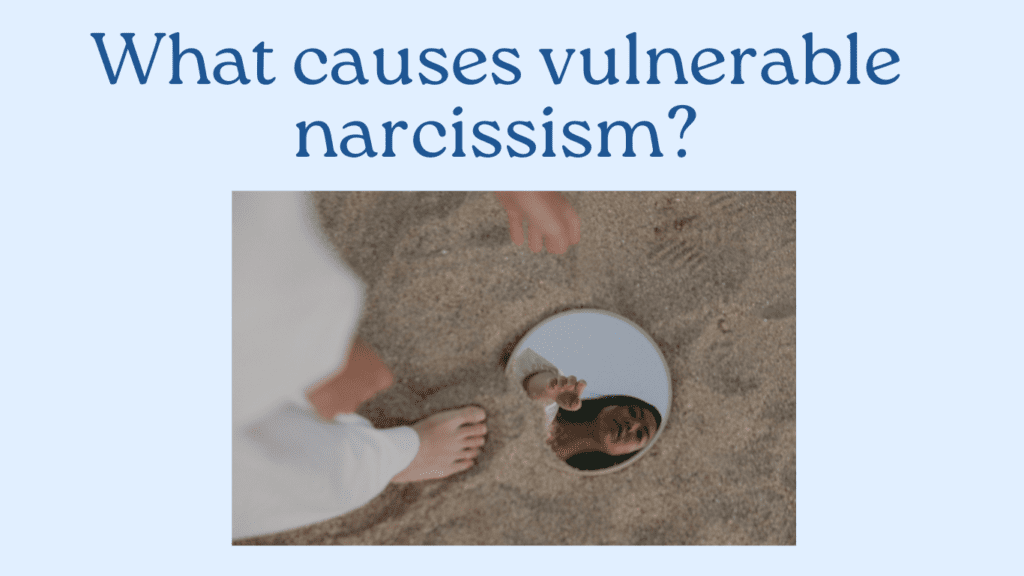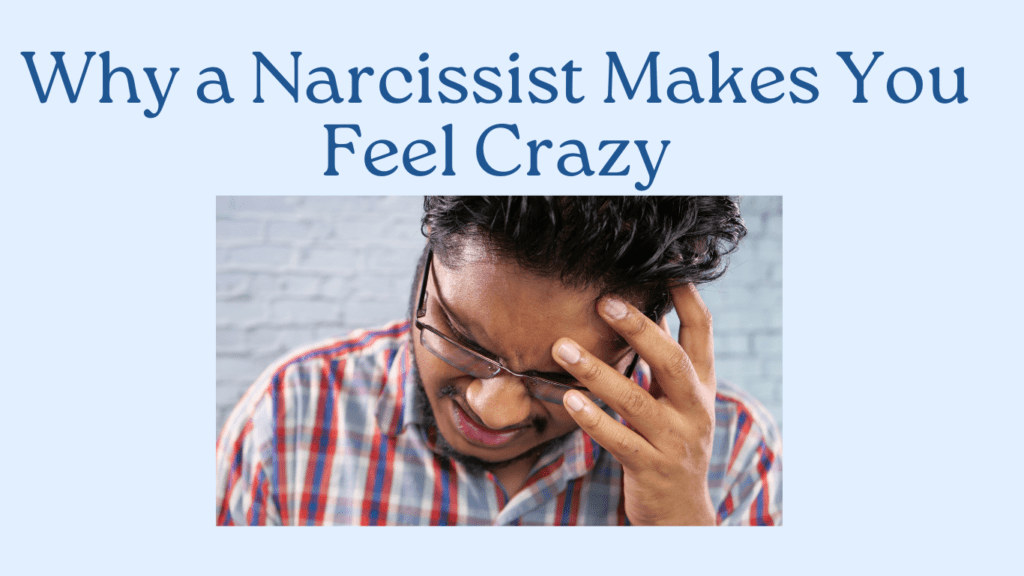Can a narcissist be a good person? When we think of narcissists, we generally picture selfishness, a craving for admiration, and a lack of empathy. These traits don’t seem to fit with being a “good” person.
But what if it’s more complicated? Could someone with narcissistic traits still show kindness, make a positive impact, or even act morally? After all, narcissism exists on a spectrum. Not every narcissist behaves the same way.
So, can a narcissist be a good person? In this post, we’ll dig into the complexities of narcissism and see if there’s room for goodness in their actions.
Defining “Good Person”
It seems obvious, but when dealing with a narcissist, you lose the definition of a good person. You start to question what it means to be kind, empathetic, or morally responsible. Their self-centered behavior can make you doubt whether those qualities even exist.
So, what does it mean to be a “good person”
Being a good person is more than just avoiding bad behavior. It’s about treating others with respect, showing compassion, and acting in ways that benefit both yourself and those around you.
A good person recognizes the value of others, makes an effort to understand their feelings, and works toward fairness and integrity.
So, when we ask if a narcissist can be a good person, we need to consider what traits truly define goodness. Is it about being perfect? Or is it about the ability to grow, change, and occasionally show empathy?
Can Narcissists Show Good Traits?
Yes, narcissists can show positive traits, such as charisma, confidence, ambition, and generosity. These qualities can make them seem charming or successful. However, these traits often serve their self-interest or need for admiration, not genuine empathy.
An altruistic narcissist, for example, may appear kind or helpful, but their actions are typically motivated by personal gain or image, rather than true selflessness. Their emotional depth tends to be shallow, and they manipulate others to maintain control.
As a result, their positive traits can be inconsistent or conditional. So, while they may be impressive or likable at times, their positive traits come with strings attached.
The Challenge of Empathy in Narcissism
Empathy is a major challenge for narcissists, rooted in their struggle to recognize or value others’ emotions. This is due to poor emotional regulation and a preoccupation with self-interest.
So, while narcissists can show empathy when it benefits them, it’s usually shallow and selective. Their emotional responses tend to be self-serving, making it impossible for real connections to form.
Rather than showing true concern, empathy becomes a tool to manipulate others for personal gain.
They may have cognitive empathy, understanding others’ emotions intellectually, but they lack emotional empathy, meaning they don’t truly care about those feelings.
Their defenses, like denial or projection, only make it harder for them to empathize. As a result, relationships with narcissists feel shallow and transactional, with emotional needs ignored, creating toxic patterns.
Can a Narcissist Be a Good Person?
On the surface, a narcissist can seem like a good person. They might do kind things, support causes, or appear generous. But this “goodness” is always calculated. It’s about protecting their self-image or getting others to work for them.
Beneath that facade, the reality is different.
Inside, many narcissists struggle with deep insecurity, resentment, and even hatred. They might not show it, but they feel threatened by others who challenge their ego.
For example, a narcissist might help with your celebration but inside, they feel angry because the attention is on you, not them. Their help is more about controlling the situation or seeking praise than genuinely supporting you.
So, can a narcissist be a good person? Yes and no.
Conclusion
While narcissists can put on a convincing act of kindness, their true motivations are often driven by a need for validation and control.
The charm they show is usually just a mask for deeper insecurities and self-interest. This can lead to toxic patterns in their relationships, making it hard for them to form real, meaningful connections.
As a result, the “good” they project is less about caring for others and more about protecting their fragile self-image.



Pingback: (3 Tips) How to Stop Being a Narcissist? - Vulnerable Narcissist